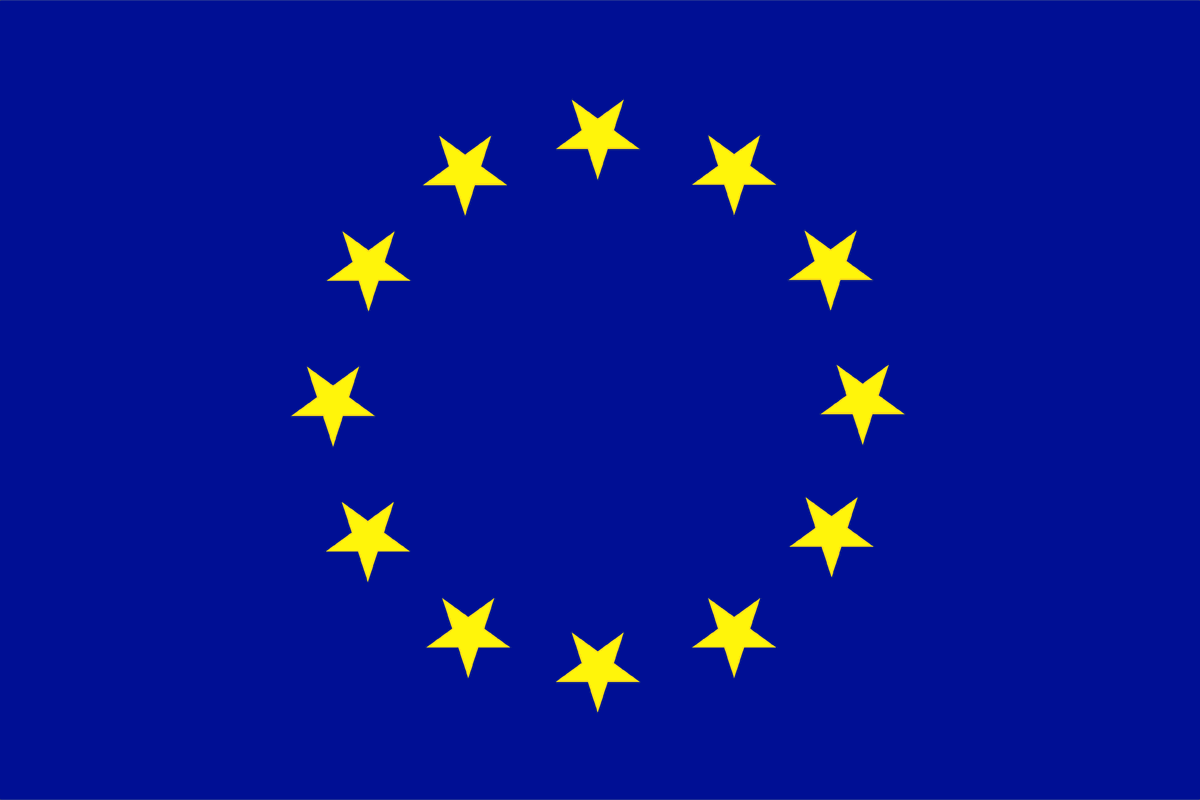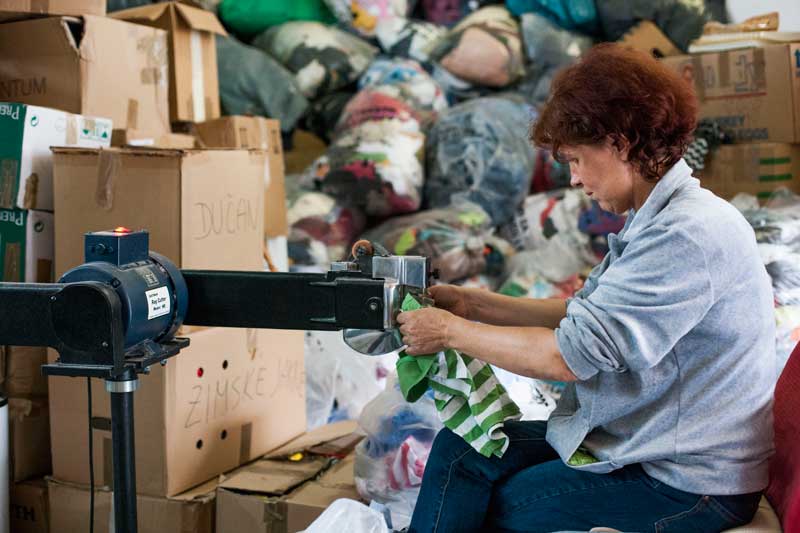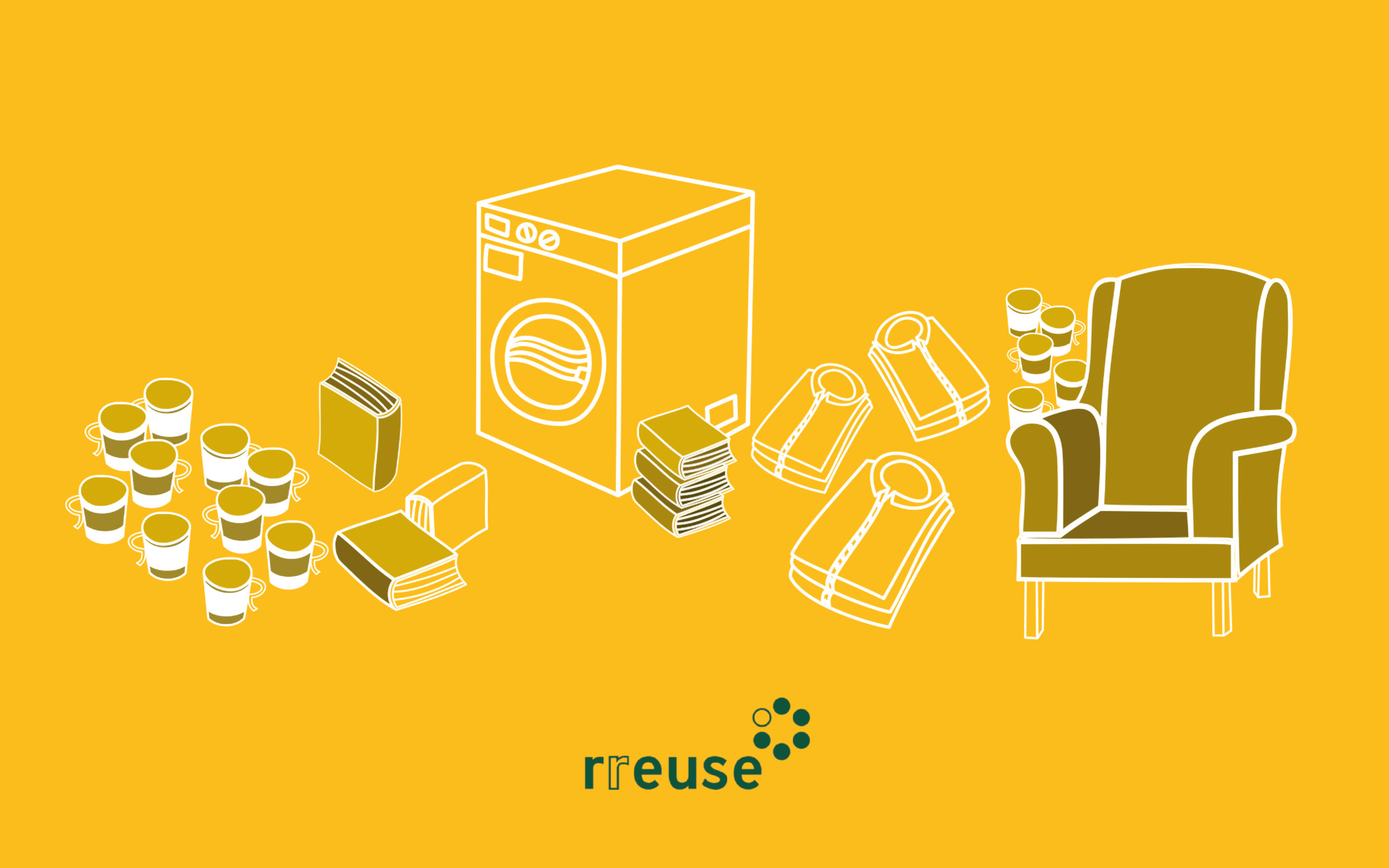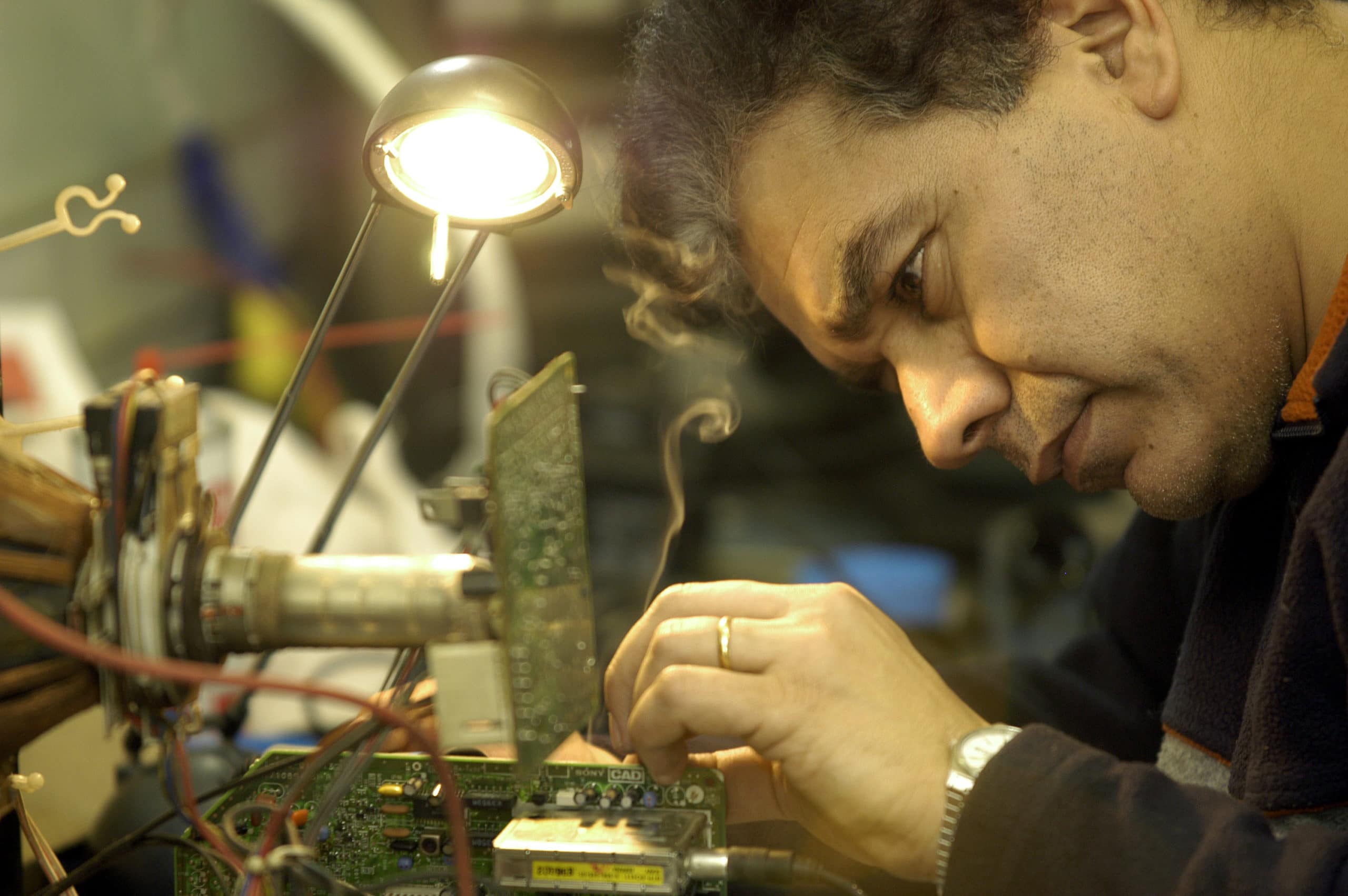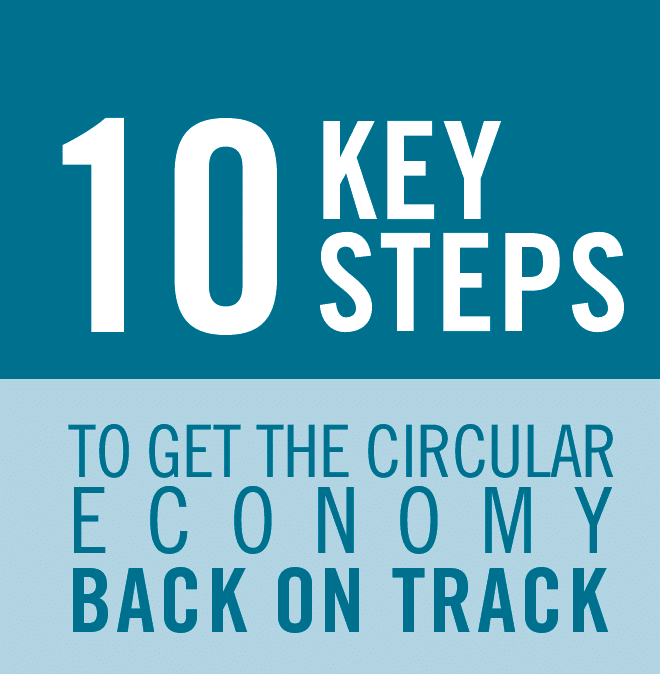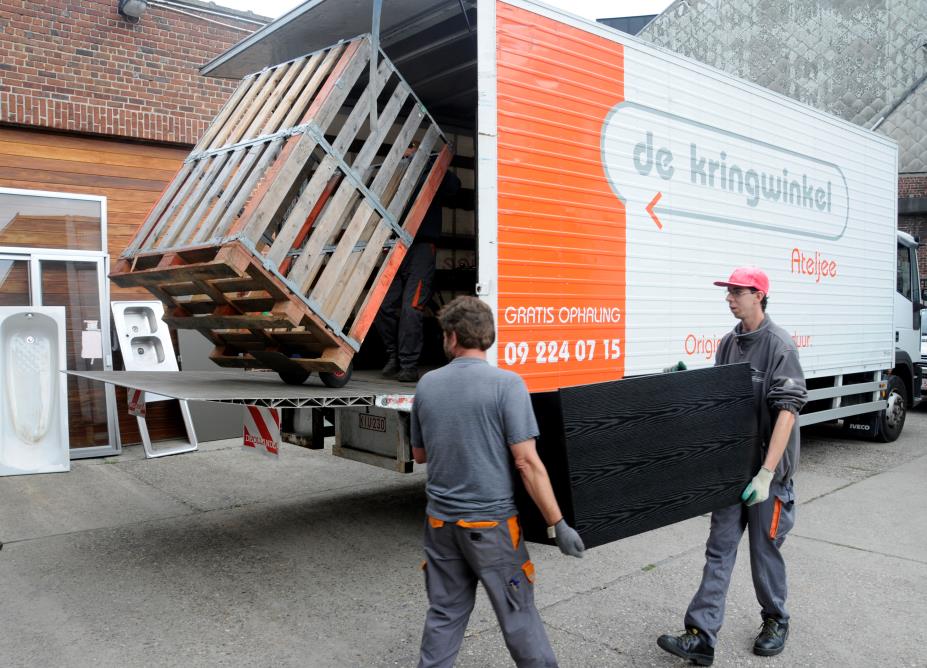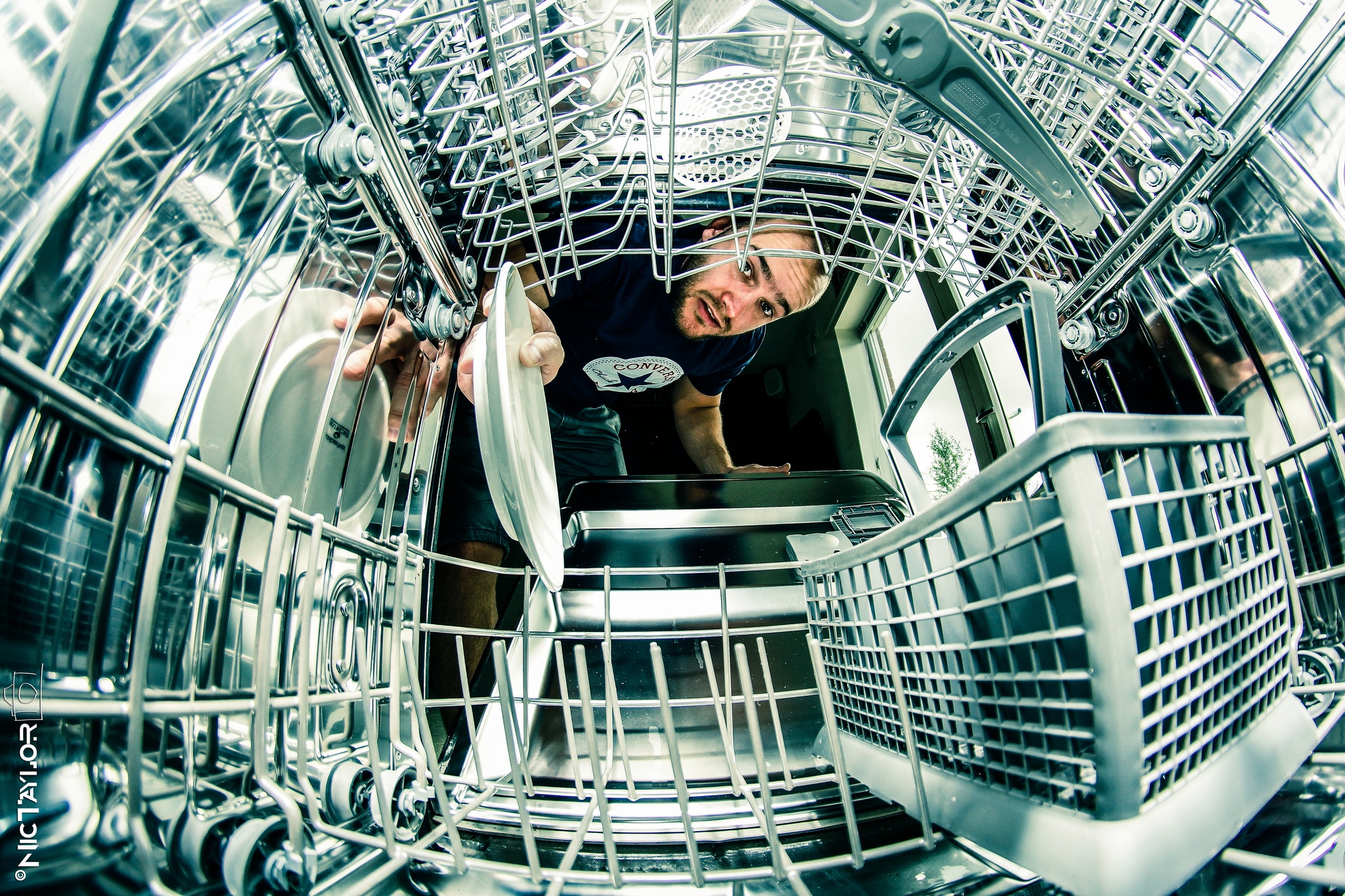Publications
RREUSE 2017 Impact & Activity Report
RREUSE Activity Report 2017 Learn more about our policy work, communications and projects: Download the report here RREUSE Network Impact 2017 The 1,000 social enterprises making up RREUSE’s wider network diverted...
RREUSE position on the updated EU Waste Framework Directive
As part of the European Commission’s Circular Economy Package, a number of EU waste laws have recently been updated with Member States having until 4th July 2020 to transpose the new provisions into their national legal frameworks. These include EU Directives on...
RREUSE comments on the European Semester
National Reform Programmes 2018 The European Semester aims at contributing to the coordination of economic policies across the European Union (EU). Within the European Semester [1] process, National Reform Programmes (NRPs) [2] are published by Member States each...
Response to the Public consultation on integration of long-term unemployed into the labour market
RREUSE welcomes the European Commission’s interest in following up on the evolution of long-term unemployment in the EU through a public consultation. RREUSE is a network representing social enterprises in the field of re-use, repair and recycling and our members are...
Response to Public Consultation on the Evaluation of the 7th Environment Action Programme
The 7th Environment Action Programme is the long term overarching strategy of the EU and its Member States in the field of environment and climate change. It covers a seven-year time frame (between 2014 and 2020) and is the first to set a long-term vision for...
RREUSE 2016 Activity Report
RREUSE 2016 activity report is now available online. It includes the latest set of data collected from our members across Europe as well as best practice examples. Learn more about our policy work, communications and projects: Download the report (pdf) *If you...
Position paper on Reduced taxation to support re-use and repair
In Europe 77% of citizens would be willing to have their goods repaired but hardly ever do because it is too expensive for them to do so [1]. Re-use and repair activities need to be made cheaper in order for Europe to keep the value of products and prevent wasting...
Ethical principles for the clothing re-use sector
In 2014, the trade of used clothes, a global commodity, was around 4.2 million tonnes with a value of 4.4bn Dollars (1). Whilst historically the collection of used clothes has been associated with charitable and...
10 key steps to get the circular economy back on track
Setting binding targets for preparing for re-use at EU level amongst the 10 key steps to get the circular economy package on track. We call on the EU Parliament and Member States to put second-hand first Download the full pdf here ...
RREUSE position on Commission's circular economy proposals
In December 2015, the European Commission relaunched a strategy for moving Europe towards a ‘Circular Economy’ which includes a set of legislative proposals to revise key EU waste laws. It is critically important that re-use of unwanted but re-usable goods is the top...
Re-use has higher employment potential than recycling
A new briefing from RREUSE shows that the job creation potential of the re-use sector is significantly higher than recycling, incineration and landfill. The report cites US figures showing that for 10,000 tonnes of waste products and materials, 1 job would be created...
Making repair cheaper and easier through EU policy
In response to the European Commission’s recent consultation on a new Circular Economy package, RREUSE has published an analysis of how EU policy could be better implemented to ensure products entering the EU market are easily and cheaply repairable. Michal Len,...


